Participants at the third meeting of the CO2ol Down campaign took a giant leap towards finalising their proposed amendments to the EU Climate Law and policy recommendations for governing permanent carbon removals in the EU
The third and final CO2ol Down workshop was held in Brussels on 25 April 2024, with participants affirming their collective position on how to update the current treatment of carbon removals in the EU’s Climate Law, and to formulate how the EU should govern and incentivise the safe and sustainable deployment of permanent removals.
Reporting first to the group was the editorial panel which explained their efforts to consolidate the text of these two work areas in documents formulated during previous workshop sessions. Their work was not to exclude or to alter ideas but to ensure a consistent tone and narrative throughout – a challenging aspect of a collaborative working process.
Despite the danger of too many cooks spoiling the broth, the editorial group said it had been able to avoid polarisation and had cooperated effectively to iron out the accumulated creases in the policy fabric.
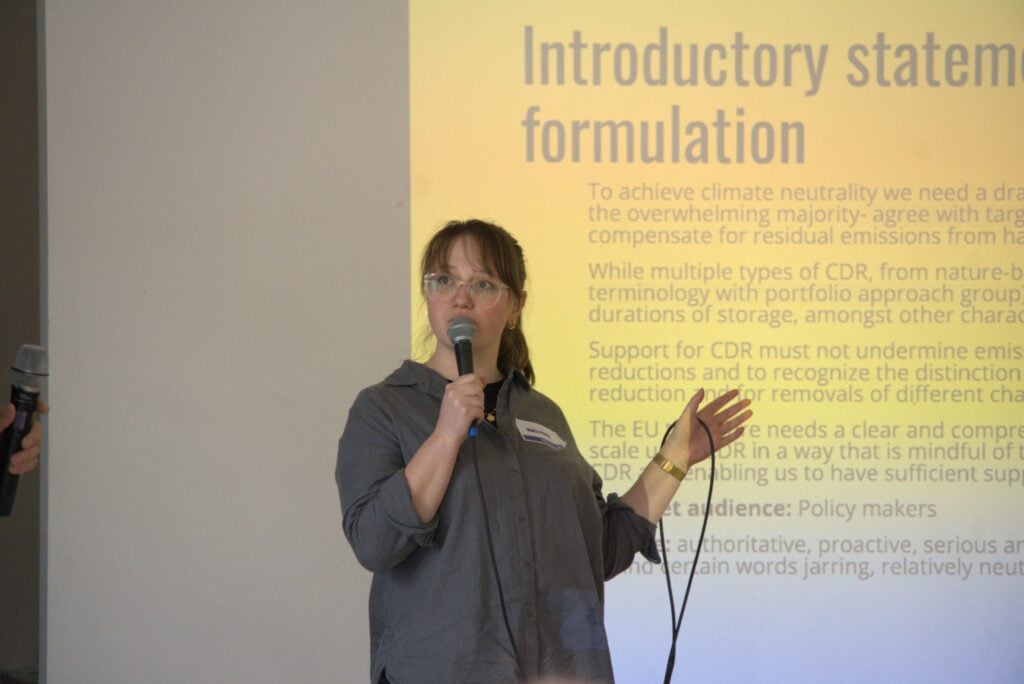
Image: Miriam Vicente Marcos, Carbon Market Watch
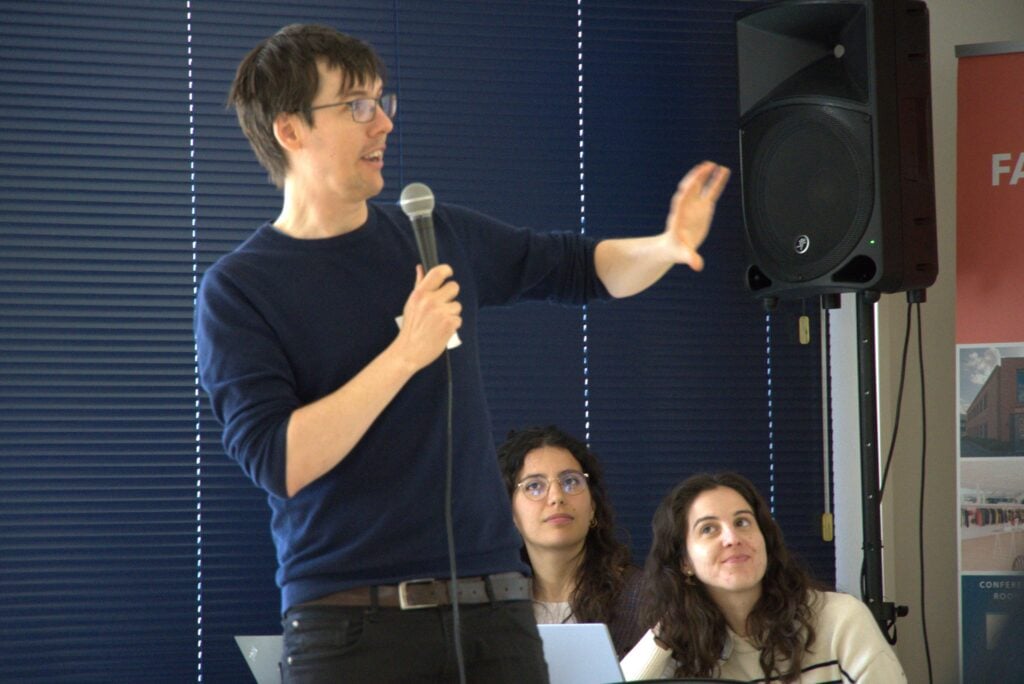
Image: Miriam Vicente Marcos, Carbon Market Watch
Stable foundations
This work by the editors laid down strong foundations for the attendees to build upon as they finalised their proposal for a revision of the EU Climate Law and devised recommendations for policy instruments on permanent removals.
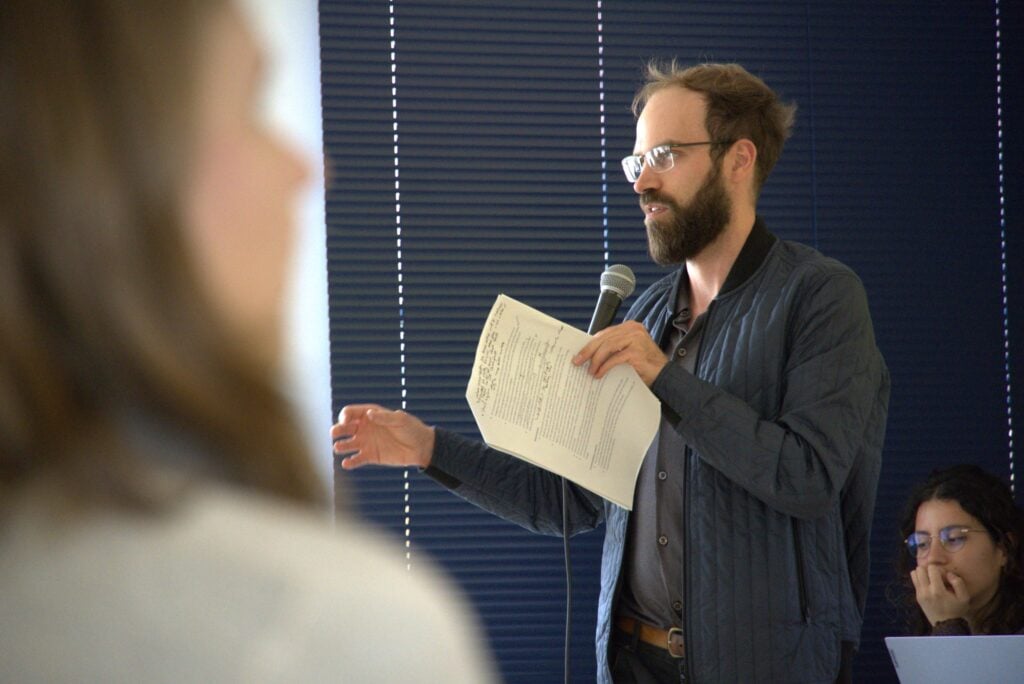
Image: Miriam Vicente Marcos, Carbon Market Watch
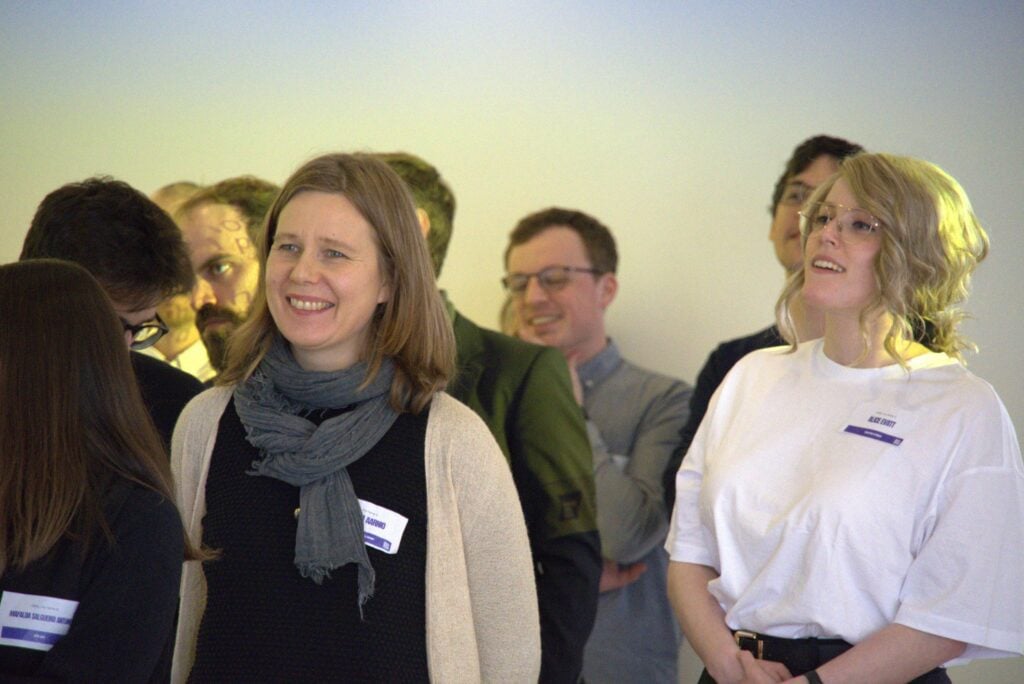
Image: Miriam Vicente Marcos, Carbon Market Watch
Guests were divided into different groups to brainstorm the draft results prepared by the editorial group, discussing and arguing the impact and importance that each choice of words may have on setting a clear and comprehensive carbon removals policy framework.
The sub-groups then reported back to the plenary to defend their ideas in response to questioning from the forum. This was important as it provided the policy-making efforts with a system of checks and balances to ensure that messaging was coherent, consistent and compatible with the opinions formulated by the other groups.
Head count
Following the discussion, participants were asked for their thoughts on whether or not they could accept the text they had helped to create. The response was overwhelmingly positive with virtually all supporting the sentiments of the proposal in principle.
All participants expressed their support and enthusiasm for the co-creation process methodology, which encouraged interaction and collaboration between actors from different professional backgrounds and with different positions towards the common endeavour of building an effective and sustainable carbon removal policy in the EU.
Sticking points did, however, exist. For some delegates, a need to report back and gain approval from their organisation was necessary. For others, topics were covered beyond their typical policy focus, meaning a greater discussion would need to be had about how the proposals tie together with their main work.
Discussions will continue beyond the workshop. The editorial group will outline a final version of texts for the two different collaboration topics and participants will then position themselves either fully or in a supporting role behind that text.
The co-creation continues…
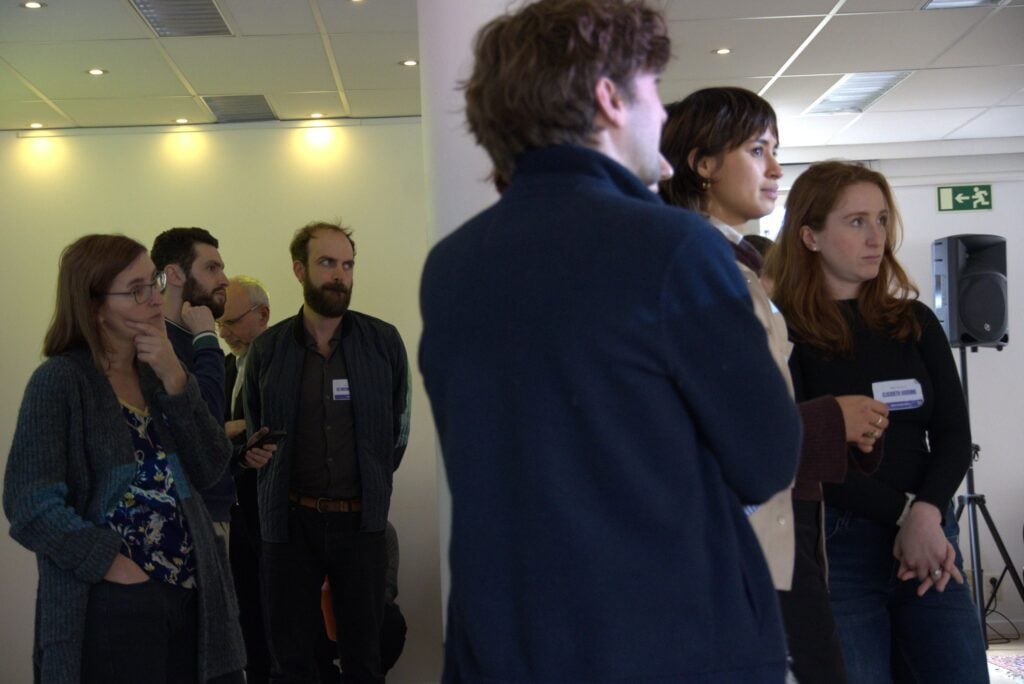
Image: Miriam Vicente Marcos, Carbon Market Watch
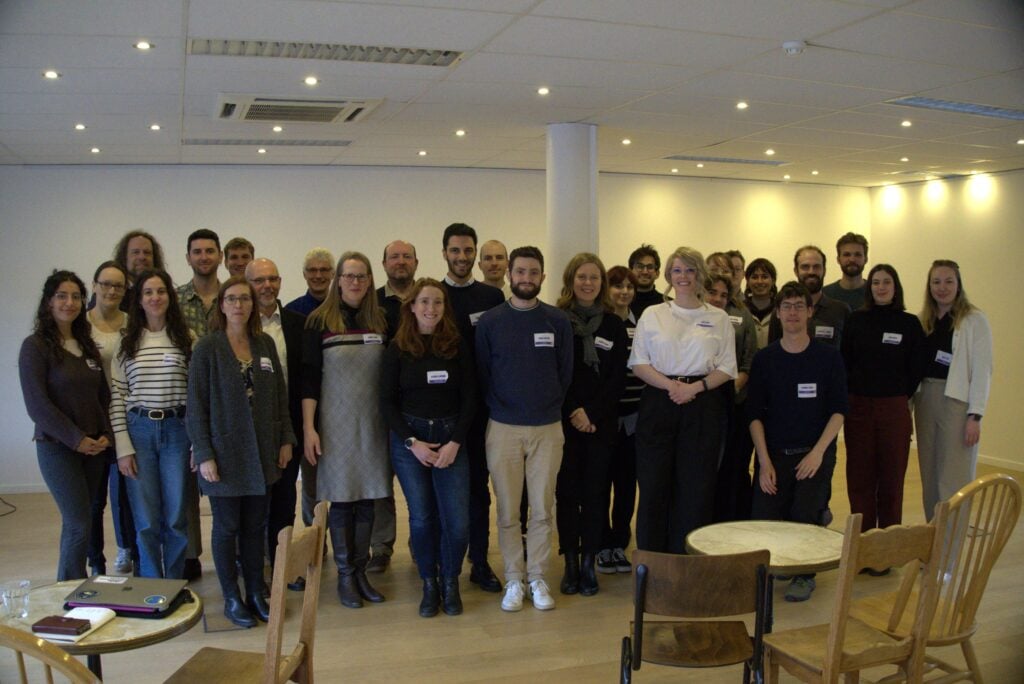
Image: Miriam Vicente Marcos, Carbon Market Watch
Participants in alphabetical order
Alex Mason, WWF European Policy Office. Alice Evatt, University of Oxford. Aymeric Amand, Sandbag. Bali Lee, Rethinking Removals. Bernardo Galantini, Transport & Environment. Despoina Tsimprikidou, Carbon Capture and Storage Association. Duncan McLaren, UCLA. Eli Mitchell Larson, Carbon Gap. Elisabeth Harding, Negative Emissions Platform. Ennio Prizzi, Bioenergy Europe. Felix Schenuit, German Institute for International and Security Affairs. Ingrid Udd Sundvor, Carbon Balance Initiative. Julia Teppe, WWF Germany. Juliette de Grandpre, New Climate Institute. Kaisa Kosonen, Greenpeace Nordic. Leo Mercer, Graham Research Institute, LSE. Leon Podehl, German Energy Agency (dena). Mafalda Salgueiro Antunes, ZERO asts. Mark Preston, Bellona Europe. Martin Cames, Oeko-Institut. Navraj S Ghaleigh, University of Edinburgh. Rodica Arnovic, Carbon Gap. Sofia Ghezzi, WWF European Policy Office. Ulriikka Aarnio, Climate Action Network Europe. Wijnand Stoefs, Carbon Market Watch. William Druet, CCSA (Carbon Capture & Storage Association).
Facilitators
Fabiola De Simone, Carbon Market Watch. Kilian Flade, Institut für Partizipatives Gestalten. Sabine Frank, Carbon Market Watch. Marlène Ramón Hernández, Carbon Market Watch. Jascha Rohr, Institut für Partizipatives Gestalten.
Editorial Group
Ulriikka Aarnio. Martin Cames. William Druet. Elisabeth Harding. Duncan McLaren. Mark Preston. Felix Schenuit. Julia Teppe
Communications Support
Gavin Mair, Carbon Market Watch. Miriam Vicente Marcos, Carbon Market Watch
Author
-
Gavin is a member of the communications team. He formerly supported the work of MSPs in the Scottish Parliament, and held responsibility for media output and office management for two MEPs prior to Brexit. He is an experienced campaigner, relishing the challenge of communicating for causes that have a social and environmental impact and is motivated by CMW’s mission of holding businesses and governments to account as they move towards essential environmental ambitions and transitions. When not fighting the good fight Gavin can typically be found enjoying live music or attending to his houseplants.
View all posts





